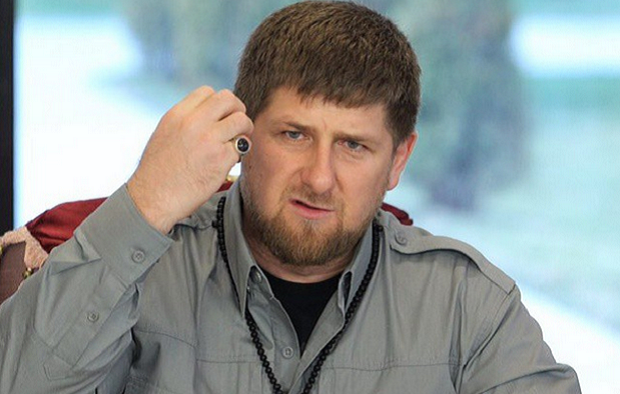
In a February 27 interview, Kadyrov declared that he will leave his post in April at the end of his current term and made it clear that, despite rumors, he will not take a position in the federal government but will retire from public life to focus on his family and his religious studies, Stratfor reports.
“Kadyrov's departure would leave a power vacuum at the top of one of Russia's most tumultuous republics, reads the article. That will be until the regional elections are held in September.
“Chechnya has been consumed twice by brutal conflict since the fall of the Soviet Union, the First Chechen War from 1994 to 1996 and the Second Chechen War, which began in 1999. Kadyrov's leadership was key to ending this second war in 2009. He has since presided over a period of relative regional stability,” the article reads.
Read alsoEU urges Kremlin to react to Kadyrov's threats toward Russian oppositionThe authors say that Kadyrov 's rule has its roots in President Vladimir Putin's power consolidation in the early 2000s: “Putin and his then-Deputy Chief of Staff Vladislav Surkov formulated a plan to weaken the various Chechen factions by pitting them against one another. Moscow succeeded in securing the loyalty of Chechen nationalist militants — often through force — and used them against their Chechen Islamist counterparts, who favored terrorist tactics that threatened security nationwide.”
“Ramzan Kadyrov's ruthless centralized rule has emerged as the ultimate stabilizer in the normally restive republic, and many believe it is his power that has prevented the re-emergence of war,” Stratfor wrote. “For someone at the peak of his power, his resignation is puzzling.”
Kadyrov's announcement could as well be a ploy aimed at prompting Putin to demand that he remain in his position, giving him a mandate for the future. “This would be particularly useful at the moment: Kadyrov is under siege at the national level by numerous powerful Kremlin factions, including the Federal Security Service (FSB), that want to sideline or oust him,” the authors say.
But there is still a distinct possibility that the Kremlin will decide it is, in fact, time for a managed transition in Chechnya. This would give the Russian and Chechen sides until September, when all of Russia will hold parliamentary and regional elections, to prepare a successor. There are a number of prospective successors in official positions, many from the Kadyrov family itself.
Read alsoRFE/RL: Opposition calls Kadyrov 'private army' threat to RussiaThe most obvious candidate would be Adam Delimkhanov, Kadyrov's cousin and currently a Duma lawmaker from the United Russia party. Kadyrov mentioned him in the past as a possible successor, but the man has been accused of ordering, orchestrating or participating in a string of kidnappings and assassinations. If the Kremlin is looking to change the behavior of whoever leads Chechnya, Delimkhanov might not be the top choice.
Others within Kadyrov's clan could also fill the role in a relatively smooth transition. These include the Head of the Presidential Administration (and Kadyrov's cousin) Islam Kadyrov, Federal Council member (and cousin of Adam Delimkhanov) Suleiman Geremeev, Chief of the Sever Battalion (and brother of Delimkhanov) Alibek Delimkhanov and Security Council Secretary (former commander of Akhmad Kadyrov's forces during the war) Vahit Usman.
Read alsoMass rallies in Grozny in support of KadyrovOne option, outside of Kadyrov's cronies and family members, is Grozny Mayor Muslim Khuchiev, who may be a compromise solution between the clans and the Kremlin. In recent months, Khuchiev has been more frequently seen at Kadyrov's rallies, making speeches. He has shown a level of command over Grozny, but it is not clear that he, like Kadyrov, can maintain a firm grip on Chechnya.

